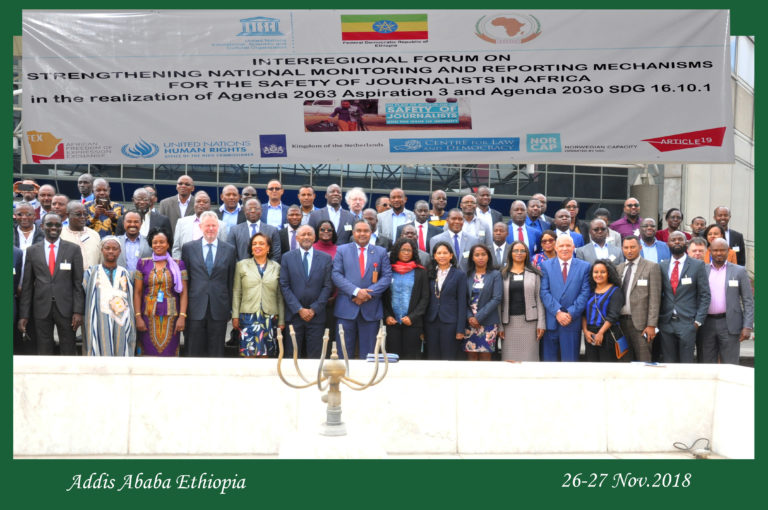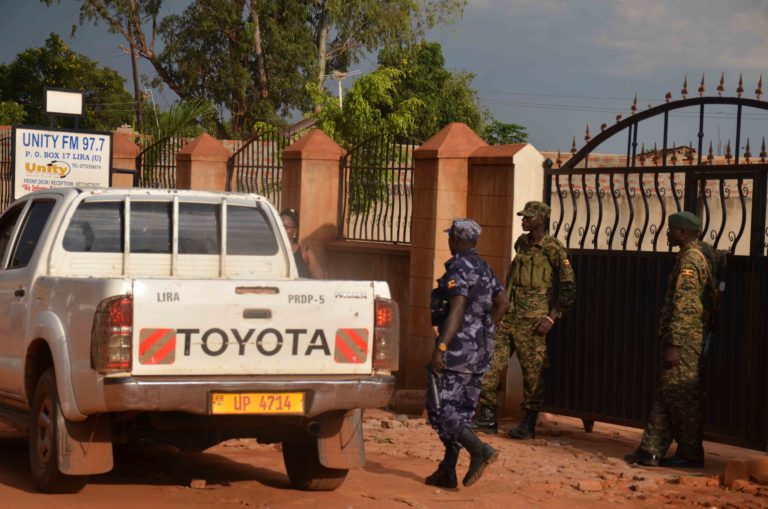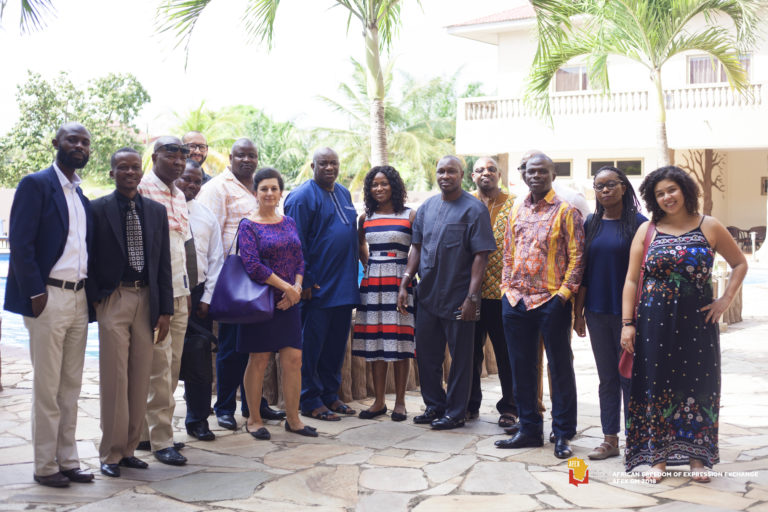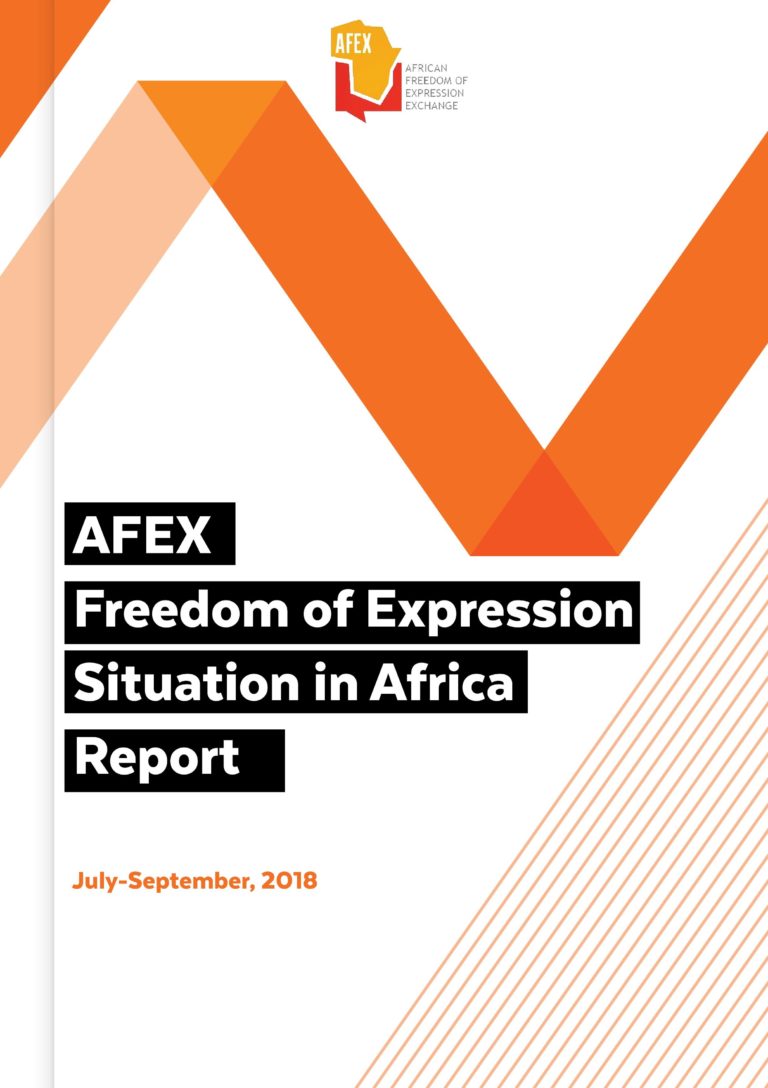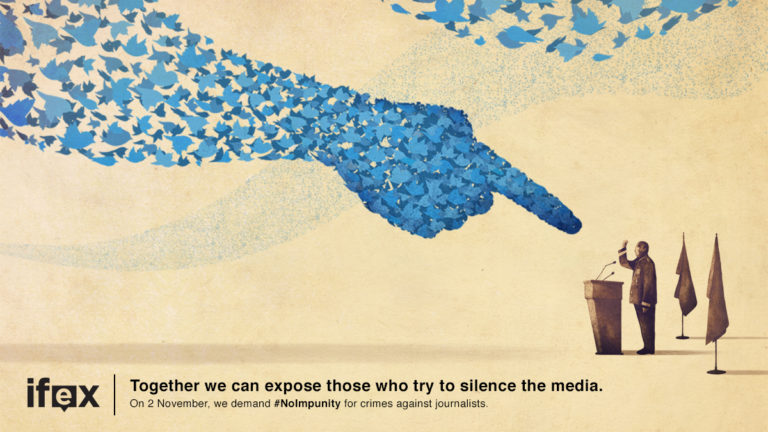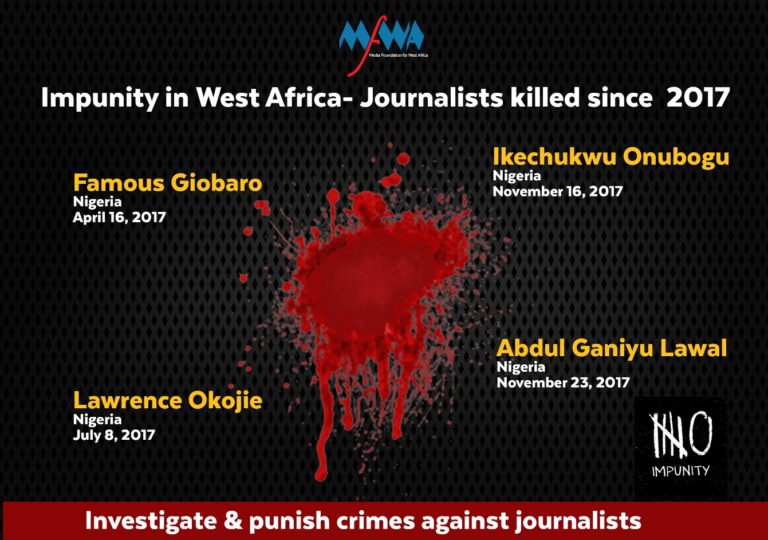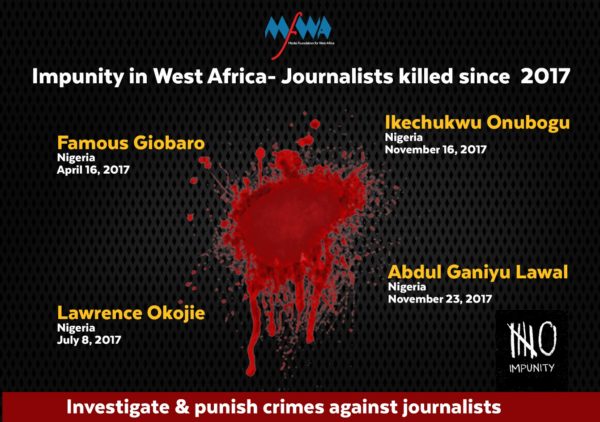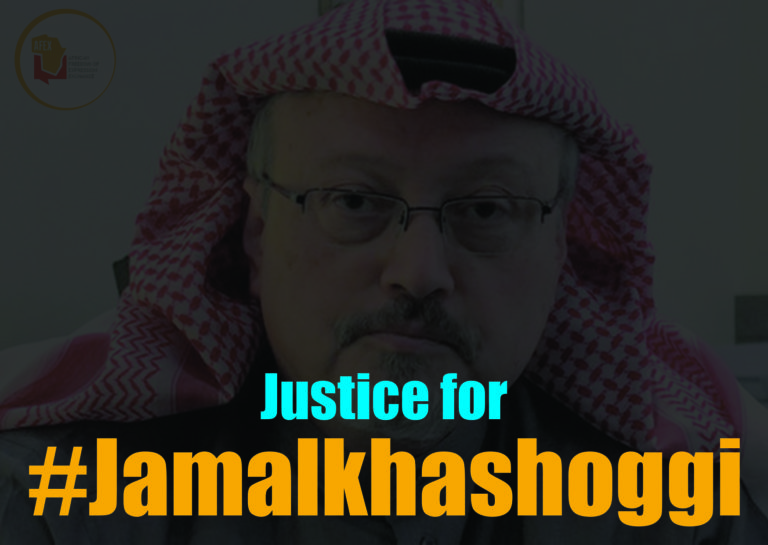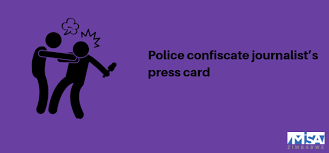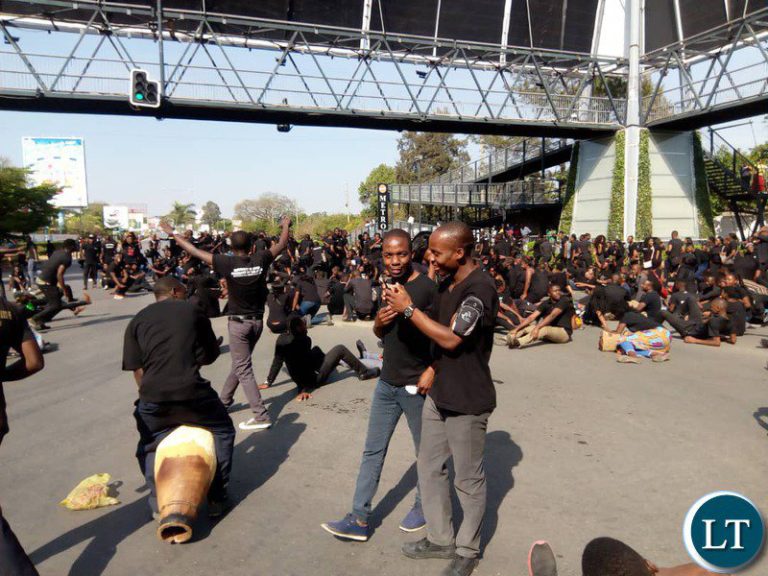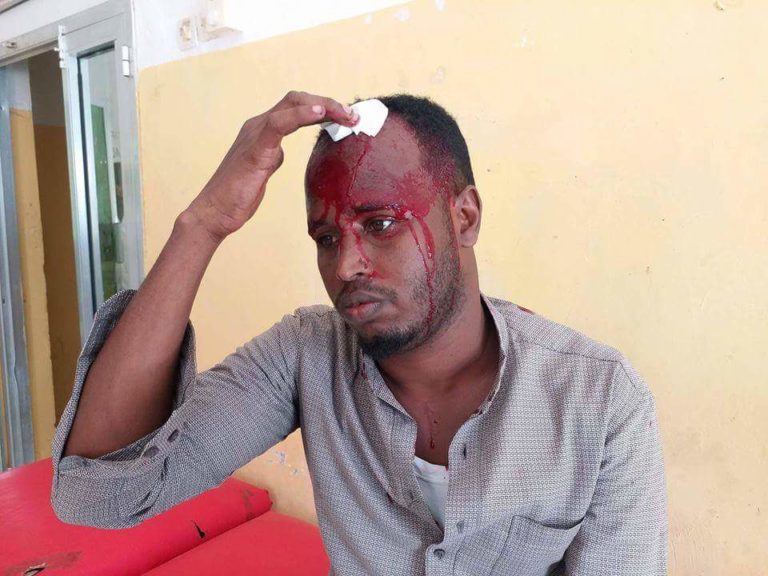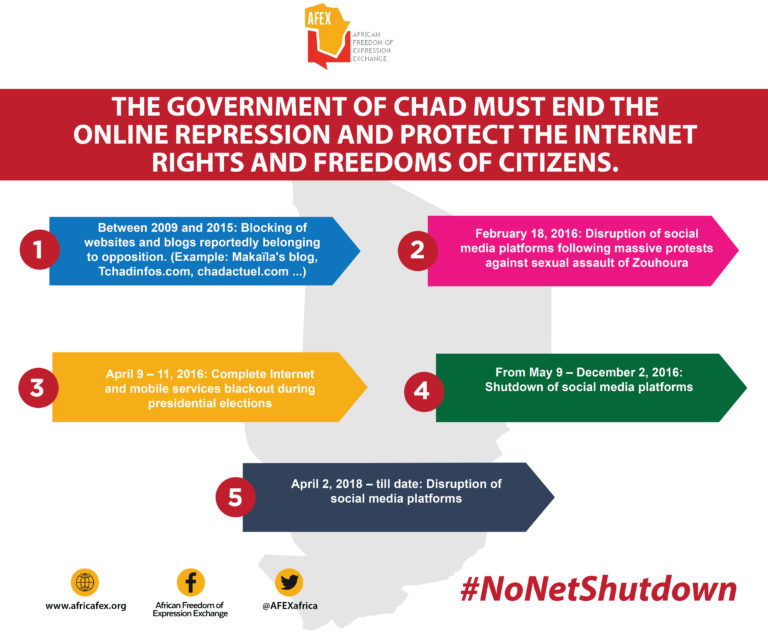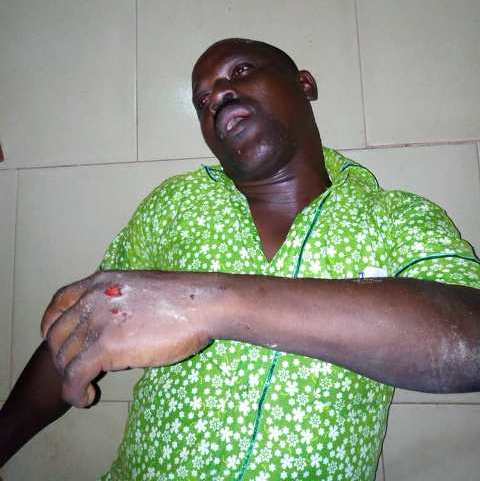Representatives from Civil Society Organisations (CSOs) in Africa, including the African Freedom of Expression Exchange (AFEX), and government institutions have agreed to establish a coordination mechanism at the continental, regional and national level to promote safety of journalists across Africa.
Participants also called on the African Union(AU), UNESCO and leading organisations promoting safety of journalists to expeditiously adopt robust and consultative processes to formalise the establishment and coordination of safety of journalists mechanisms in Africa.
Kindly read the full statement below or click here to download.
RECOMMENDATIONS FOR A COORDINATION MECHANISM FOR SAFETY OF JOURNALISTS IN AFRICA
Interregional Forum on Strengthening National Monitoring and Reporting
Mechanisms for the Safety of Journalists in Africa in the realisation of Agenda
2063 Aspiration 3 and Agenda 2030 SDG 16.10.1
27 NOVEMBER 2018
Participants at the Interregional Forum held at the ECA in Addis Ababa on November 26-27, 2018 under the theme “Strengthening National Monitoring and Reporting Mechanisms for the Safety of Journalists in Africa in the realisation of Agenda 2063 Aspiration 3 and Agenda 2030 SDG 16.10.1” have agreed to a establish coordination mechanism at the Continental, Sub regional and National Level as follows:-
At the Continental Level:
Call on the African Union (AU) and UNESCO to work together, in collaboration with other interested stakeholders, to develop the AU Working Group on Safety of Journalists into an operational, multi-stakeholder framework for a robust Coordination Mechanism that brings together the relevant public sector actors and other media stakeholders in Africa. To this end, the participants call on UNESCO and AU to move expeditiously to:
- Establish a representative technical working group to develop a draft blueprint for the Coordination Mechanism to be housed at the AU.
- Conduct broad consultations, including in the five regions of Africa, with relevant stakeholders with a view to ensuring that all views are taken into account and that the Coordination Mechanism secures the buy-in of AU Member States.
- Take the necessary steps to formalise and establish the Coordination Mechanism.
At the Sub-regional Level:
Call on the Regional Economic Communities (RECs), UNESCO and lead organisations on safety of journalists to affirm and continue to develop, and where needed to establish, sub-regional mechanisms on safety of journalists which are multi-stakeholder in nature and which have a broad remit to take operational actions to support safety. To this end, participants call Economic Communities (RECs), UNESCO and lead organisations on safety of journalists to:
- Make reference to the Addis Resolution adopted in Addis Ababa, Ethiopia on 15 November 2017.
- Put in place a robust, consultative process to formalise the establishment of a safety in mechanism in each sub-region.
- Work with the national safety mechanisms that exist in the respective sub-regions, including through the focal points, to coordinate activities in support of journalists’ safety.
- Provide support to national safety mechanisms, including by supporting the establishment of such mechanisms in countries where they do not yet exist.
At the National Level:
Call on each AU Member State, in consultation with interested stakeholders, to establish effective, multi-stakeholder national mechanisms for the safety of journalists, taking into account their different country contexts. When forming these national mechanisms, consideration should be given to engaging the following actors: all three arms of government including security actors and other administration of justice actors, civil society actors working in this area, representative bodies of journalists, media workers and media outlets, lawyers’ associations, human rights defenders, journalism training and research institutions, media regulatory bodies, NGOs, INGOs, relevant inter-governmental organisations, including United Nations agencies, and other representatives of the international community




